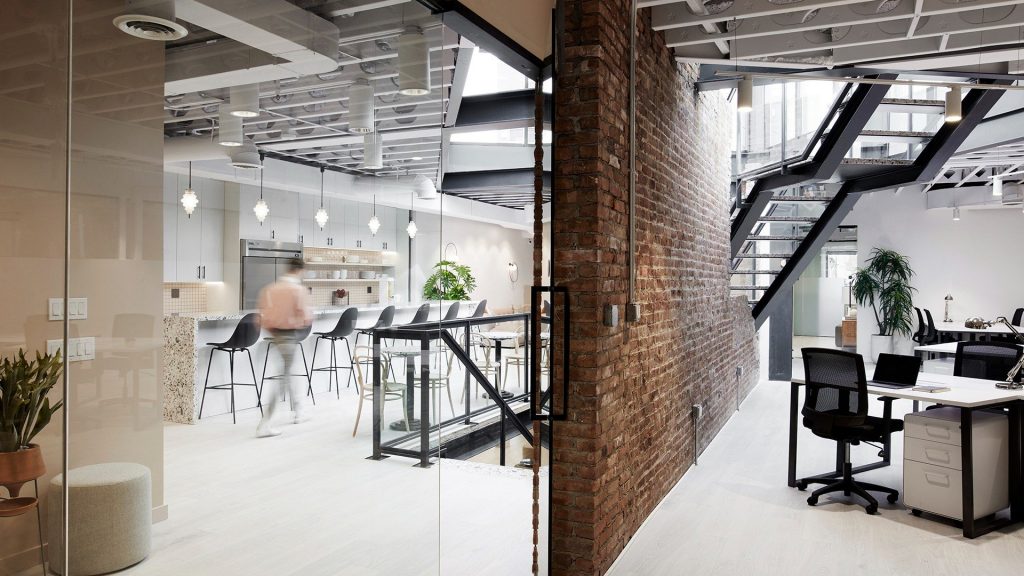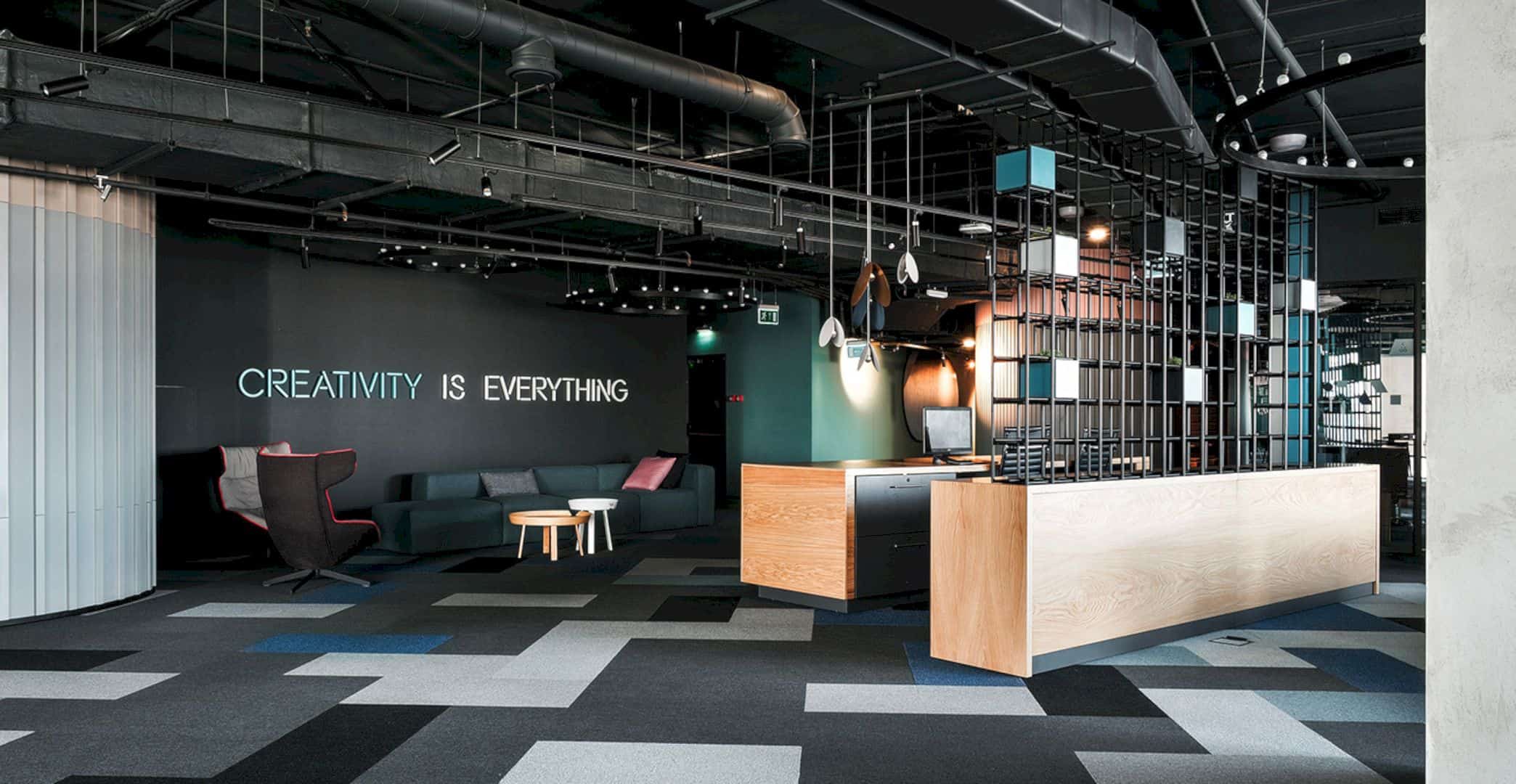Any meaningful office involvement starts with a sense of fitting. People who feel respected, recognized, and understood are more likely to continue devoted to the environments that help them to flourish. In expert settings, where people from many sectors and practices cross frequently, the concept of hospitality transcends eases or well-designed locations. It’s about structured a culture where people want to come every single day from individual connection, concentrating service, and real caring. The sharing office space becomes more than just a convenience; that’s what distinguishes an average environment from a memorable one.
Human-Centered Hospitality Builds Trust
People recall their treatment significantly more than the amenities provided to them. Deep emotional safety is created in offices that lead with empathy and customized service. From staff member greeting to feedback received and acted upon, every element—including training—helps to create a respectful and responsive culture. A pillar of any enduring connection, trust is developed by this human-centered hospitality. People who believe their presence is not simply appreciated create a basis that supports loyalty. Whether someone is returning a few hours a day or a complete workweek, their choice to do so generally stems from their emotional experience.

Curated Experiences That Go Beyond Expectations
Unmatched hospitality is about foreseeing wants before they become expressed, not merely about meeting them. Carefully chosen events catered to the tastes of the users of the area help to create strong emotional connections. Little, unplanned moments of thought—a staff quiet check-in, a preferred drink recalled, or an atmosphere fit for the tone of the day—turn daily events into something more significant. It’s in these little details that people discover they are in a setting that recognizes them as unique persons rather than merely in a building. Many times, this degree of service creates a strong incentive for people to stay and promote the area to others.
Hospitality as the Core of Everyday Interaction
Hospitality should define every contact, not only for the first day or sporadic gestures. From the front desk to common lounges to regular correspondence, staff members’ friendliness and attentiveness help to define the emotional terrain of the workplace. Genuine caring on a regular basis helps people feel less stressed and more at ease and likeable. This environment serves as a buffer among hectic schedules and heavy obligations. A sharing office space in such a context doesn’t feel transactional over time; it feels deliberate. That difference makes a big impact and helps people to stay in those surroundings.
Inspired loyalty in a shared office space arises from every day, continuous care—not from convenience or novelty. When hospitality permeates the core of the business, every desk, hall corridor, and meeting becomes an invitation to belong. Treating each person as more than just a guest helps places not just to retain people but also to build their enduring trust and dedication.

